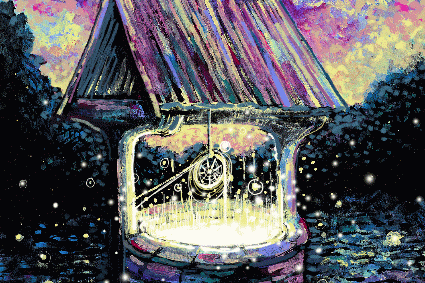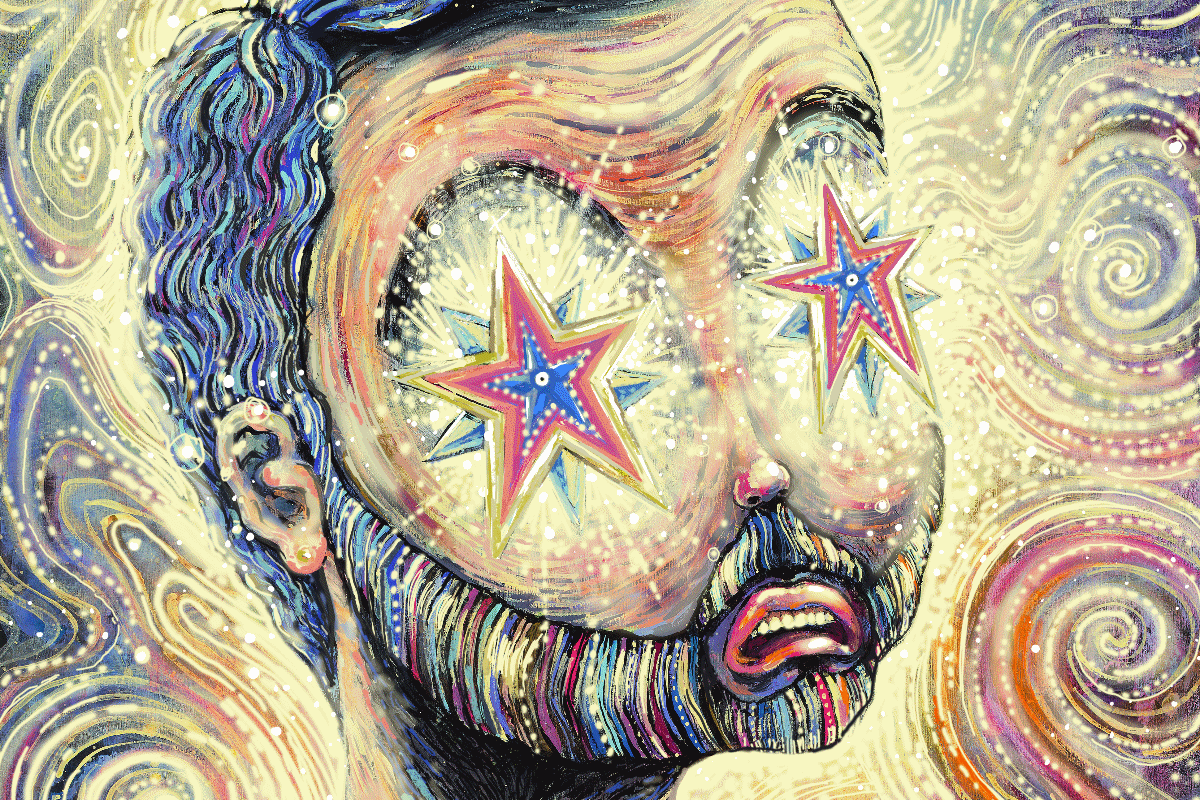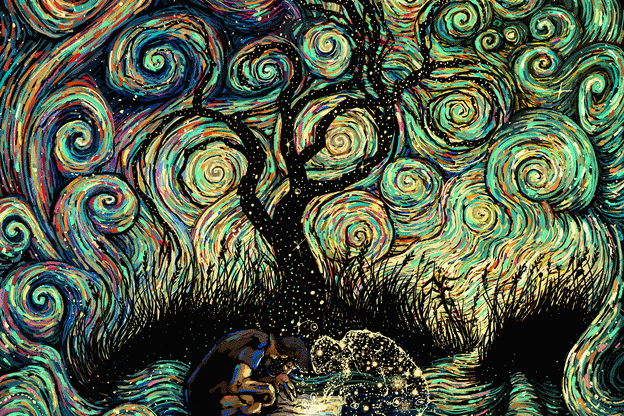Architecting a Behavioural Health Team for Holistic Development
In my role as a Behavioural Health & Insights Specialist and Coach, I have come to understand the intricate dance between environment and well-being, advocating for changes in behaviour that foster personal development and safety. At the heart of my practice lies the recognition of three critical elements for behavioural change: Motivation, Understanding, and Ability. It's a trinity that guides my tailored coaching approach, ensuring that each transformative step is both intentional and insightful.
Spearheading an enterprise within the Office of Lifelong Learning (L³), I was instrumental in integrating a Behavioural Health Team (BHT) dedicated to the holistic development of medical professionals. This initiative, pioneering in its scope, was more than an add-on; it was a fundamental reimagining of how emotional and mental well-being underpin academic and professional endeavours. It stood as a beacon, a unique confluence where behavioural health was not just a service but a cornerstone of continuous learning.
Our vision was clear: to cultivate a learning environment where behavioural health is seamlessly woven into the fabric of professional growth. The mission was equally focused, enriching educational programs with resilience, emotional intelligence, and balanced growth, thus ensuring a robust behavioural health perspective is ever-present.
The pillars of our practice were resilience, emotional intelligence, mindfulness, and a trauma-informed approach—each contributing to a multifaceted, holistic framework that strengthened mental stamina and fostered empathic communication. In tandem with this, our commitment to behavioural analytics, allowed us to personalize learning and development, maximizing the impact of our interventions.
The results spoke for themselves: enhanced performance, holistic development, and a sustainable, evolving educational model that was both scalable and adaptable. The ripples of our work have not just improved individual career trajectories but have redefined the very paradigm of healthcare practice and education.
In crafting this initiative, my commitment extended beyond mere innovation—it was a lifelong pledge to nurture the human spirit that breathes life into healthcare. As we progressed, the Office of Lifelong Learning (L³) stood as a testament to a new era of medical excellence—where nurturing the mind and spirit was as fundamental as imparting knowledge, where we did not just educate but also heal, and where each life touched was a step toward redefining the contours of what it meant to be a healthcare professional.








